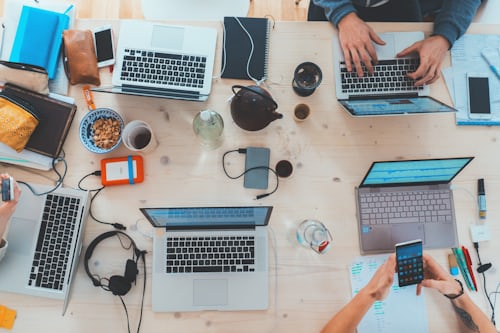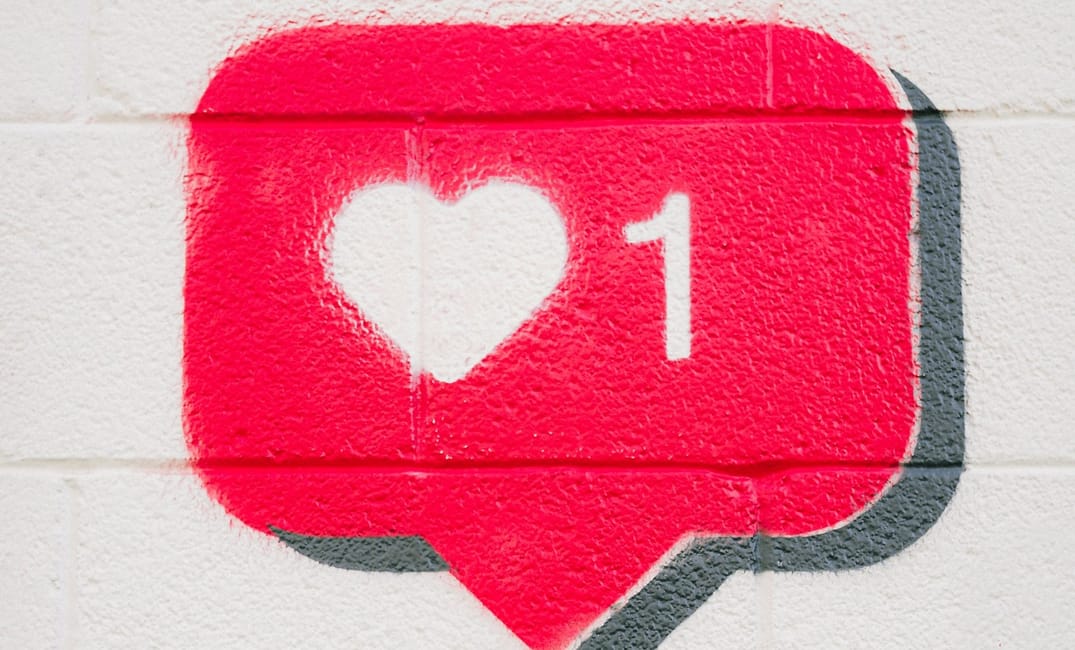Young people today are among the first generation of people to be exposed to social media as an integral way of life. It’s pretty hard to imagine Facebook, Instagram, Snapchat, Tik Tok and search engines like Google not being around. But according to the new Netflix documentary “Our Social Dilemma” online services like these aren’t just a fun way to connect with others, share funny videos and argue with people we disagree with.
Terrifyingly, technology now tracks and manipulates our behaviours in a way that could be literally ripping the fabric of our democracy apart. Today being the International Day of Democracy, it’s important to find out how, why and if there’s anything young people can do about it.
How do social media platforms and other technology work?
The vast majority of the biggest online platforms are free- you’re not having to dish out any coins to do a google search or post pictures on Instagram. Which is great right? Well according to the documentary, that pretty much means you’re the product and that those platforms are making money from you. More specifically, it means your “gradual change in your behaviours and perceptions that’s the product”.

All platforms have advertisements on them, and clearly the longer we spend on these platforms exposed to these adverts the more money the tech companies can generate. It’s claimed that that’s why some of the functions of social media platforms were introduced, such as “tagging” people in photos or knowing when someone is “typing” back a message to you, to keep you on them for longer periods of time and increase engagement with their platforms. Basically we’re encouraged to keep endlessly scrolling, a feeling most of us are probably familiar with. We’re fully addicted- and these platforms are designed deliberately that way.
Every action we take is stored as “data” so we have our own personal algorithm that gets smarter and smarter every day at predicting what we’ll want to see. Platforms know what brings us joy, what makes us angry, when we’re feeling low all by tracking our behaviour constantly. Social media and other tech platforms will have a huge collection of information on intricate details of who you are as a person simply by tracking how you behave online.
So why is this a problem?
So, you’re on social media a lot and might be thinking: so what? Aside from the obvious impacts on mental health which are also explored in the documentary. It makes for a pretty scary impact on how we see the world.
Once you have an algorithm which is only showing you what it thinks you like, or what it thinks will keep you engaged, it means you’re only seeing a narrow worldview, with little understanding of other viewpoints or even more importantly of objective facts. For example, people who’ve shown an interest in the conspiracy theory that the earth is flat- something which is objectively untrue- were then pushed further untrue information on the same topic. Basically, it encourages “fake news” where what you think is reflected back to you rather than challenged. We all exist in echo chambers, making our societies more and more divided. Everyone’s so sure they have the right “facts”.

Scarily, it also means that individuals, organisations and even whole nations can create content on social media platforms that haven’t been verified or checked as being true. It’s been widely believed that Russia “hacked” Facebook to influence the 2016 American elections. “Our Social Dilemma” points out that it wasn’t a hack at all- they just used the tools social media provided them that are available for anyone to use, for the right price.
A distortion of facts is only going to make it harder for crucial issues like climate change to be discussed properly, despite the fact that we are now in a climate emergency and don’t have much time left to save the planet. It also makes it easier for extremist politicians to become electable, as their false promises and scaremongering of vulnerable groups of people will be even less likely to be checked or challenged.
There’s next to no laws or regulations in place either, to limit the influential power of social media on people. Tech companies can pretty much hoard as much of this data and information about us as they want.
What are the solutions?
So it all sounds pretty grim, but what are we supposed to do about it? Especially in the age of Corona where we are more reliant than ever on technology. Can we adopt how it’s used and allow it to become a force for good?
Some people in tech seem hopeful. Technology itself isn’t what’s bad, but more the motivations behind why human beings have designed these platforms is. A few ways things could change to better protect our democracy are:
- The business model of advertisement being the core source of income. Platforms could look to having a subscription service instead so users pay a monthly subscription to use their services
- Governments introducing better regulation to curb how much information tech companies have about us, how they use it, and encouraging them to better verify information that’s spread on social media platforms. One idea proposed in the documentary was for data held by tech companies to be taxed as a disincentive to them hoarding all the information they can about all their users
- As individuals we can also chose to delete some apps, turn off notifications or limit the amount of time we’re spending on social media so it’s less lucrative for tech companies- something many of us are already more of to protect our health
Our democracy, and therefore the country we live in is basically at stake. Social media has been amazing in some respects, but is creating a more divided world devoid of facts and two-way conversations. People should be in charge of their democracies, not big unaccountable tech companies.
Thanks for reading our article! We know young people’s opinions matter and really appreciate everyone who reads us.
Give us a follow on Instagram, Twitter and Facebook to stay up to date with what young people think.

